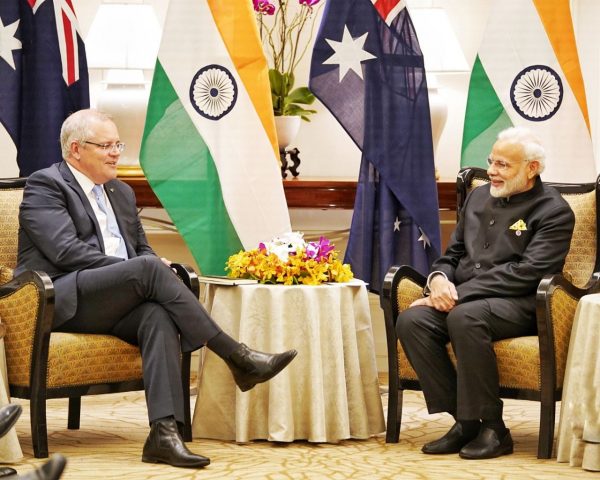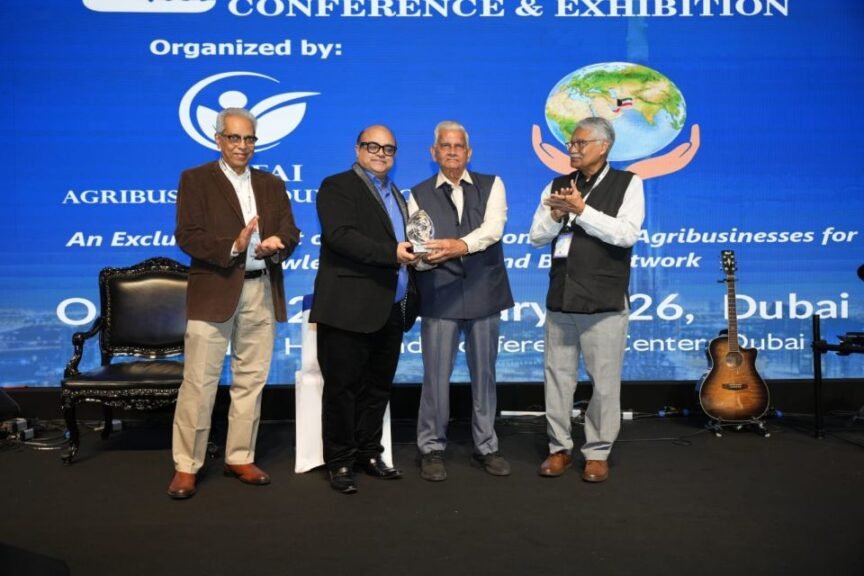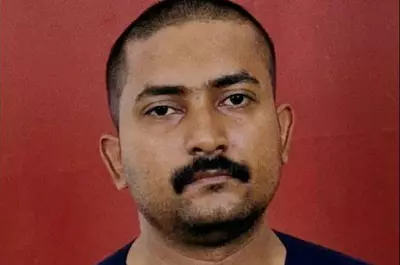The pursuit of the American Dream remains, yet the path to achieve it is often more challenging than many anticipate. Indian immigrants hope for a reformed system that provides clearer, more accessible pathways to their goals
For many Indian immigrants, the path to achieving the American Dream is filled with unexpected hurdles, often overshadowing the idealized promise of opportunity and stability. The journey through the U.S. immigration system—characterized by prolonged wait times and uncertain outcomes—can strain personal and professional lives alike, reported PTI.
The H-1B visa, a key entry route for skilled Indian workers, embodies this challenge. Despite its popularity, the visa is subject to an annual cap, leaving many qualified applicants dependent on a lottery system for a chance at selection. Ajeet, who initially pursued the H-1B path, quickly realized that the system wasn’t designed with scalability for India’s population in mind. “The U.S. immigration system is broken,” he says, pointing to India’s limited seven percent country quota as an example. Ajeet chose an alternative path, launching a fast-casual Indian restaurant that emphasizes health-conscious dishes, and used this business as his visa sponsor.
-
Some Indian immigrants have taken to social media to share their stories and connect with others facing similar obstacles
-
Priya, a marketing professional and influencer, uses her platform to discuss U.S. immigration issues, encouraging others to remain resilient
-
“Everyone’s experience is unique, but the effort it takes to navigate the system shouldn’t be this difficult,” she says
Dependency on the H-1B system also creates a web of obstacles for family members. For Meeta Damani, who moved to the U.S. as a dependent, years without work authorization led to depression and a loss of identity. She eventually turned her experience into a documentary, hoping to raise awareness about the need for a more permanent solution for H-4 dependents. “Back then, H-4 holders couldn’t work, and even now, the situation is precarious,” she explains. “Today’s solution rests on an executive order, which can be rescinded at any moment.”
Dependents, particularly children, face their own set of challenges. Rahael, who has been in the U.S. for 14 years on an H-4 visa, is acutely aware of the limitations her daughter faces as she approaches her 18th birthday. With limited opportunities and the looming threat of aging out at 21, her daughter’s future in the U.S. remains uncertain.
The green card backlog compounds these difficulties. Due to per-country caps, Indian nationals face wait times that can stretch up to 50 years. Sonal Sharma, an immigration lawyer in New Jersey, frequently encounters cases that illustrate the harsh realities of this system. In one instance, an H-1B holder’s sudden passing left dependents without a home or a clear path forward. “The backlog prevents individuals from seizing opportunities and securing their futures,” Sharma notes.
***********************************************************
Readers
These are extraordinary times. All of us have to rely on high-impact, trustworthy journalism. And this is especially true of the Indian Diaspora. Members of the Indian community overseas cannot be fed with inaccurate news.
Pravasi Samwad is a venture that has no shareholders. It is the result of an impassioned initiative of a handful of Indian journalists spread around the world. We have taken a small step forward with the pledge to provide news with accuracy, free from political and commercial influence. Our aim is to keep you, our readers, informed about developments at ‘home’ and across the world that affect you.
Please help us to keep our journalism independent and free.
In these difficult times, running a news website requires finances. While every contribution, big or small, will make a difference, we request our readers to put us in touch with advertisers worldwide. It will be a great help.
For more information: pravasisamwad00@gmail.com











